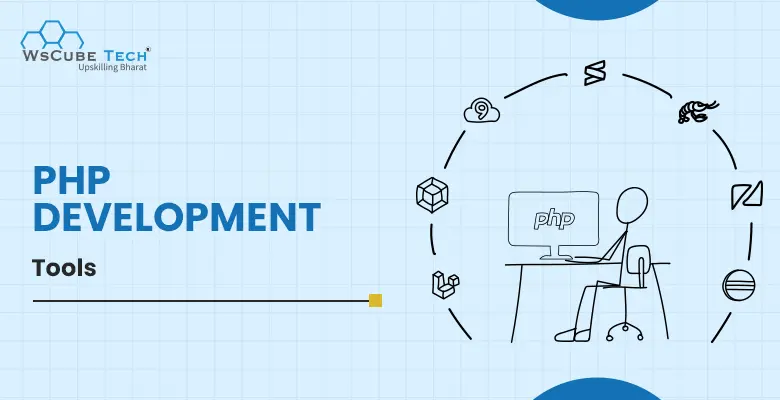4246 Insights
Your source for the latest news and information.
PHP: The Secret Ingredient for Web Development Success
Unlock web development success with PHP! Discover essential tips, tricks, and secrets that elevate your projects to new heights!
Why PHP Remains the Backbone of Modern Web Development
PHP has long been recognized as a dynamic and robust scripting language that powers a significant portion of the web. According to various statistics, around 79% of all websites rely on PHP, making it an essential part of modern web development. Its versatility is one of the key reasons for its enduring popularity; developers find it simple to learn yet highly powerful for building complex web applications. Through frameworks like Laravel and Symfony, PHP enables rapid development and reusable code, significantly speeding up project delivery times without compromising on performance.
Moreover, PHP's integration capabilities with various database systems such as MySQL and PostgreSQL make it a backbone for creating data-driven websites. The language's consistent updates and active community support ensure that it evolves to meet the changing needs of web development. Features like object-oriented programming and a wealth of readily available libraries further enhance its functionality. As the web continues to grow and evolve, PHP remains a steadfast choice for developers aiming to create scalable, efficient, and reliable applications.

10 Essential PHP Tips for Aspiring Developers
PHP is a powerful server-side scripting language that is widely used for web development. If you're an aspiring developer looking to enhance your PHP skills, it's crucial to master certain fundamentals. Here are 10 essential PHP tips that will help you streamline your coding process and build more efficient applications:
- Understand Variables and Data Types: Familiarize yourself with the different data types in PHP, such as strings, integers, and arrays. This knowledge is vital for handling data effectively.
- Practice Error Handling: Learn how to handle errors gracefully using error_reporting and try-catch blocks. This will aid in debugging your code.
- Embrace Object-Oriented Programming: Get comfortable with OOP concepts to write cleaner, more modular code.
- Utilize Built-in Functions: PHP offers a plethora of built-in functions. Explore these to simplify your coding tasks.
- Keep Security in Mind: Always sanitize user input to prevent SQL injection and other vulnerabilities.
- Explore PHP Frameworks: Familiarize yourself with popular frameworks like Laravel or Symfony to expedite your development process.
- Document Your Code: Commenting and maintaining good documentation will help others (and yourself) understand your code later on.
- Stay Updated: The PHP community is continually evolving. Stay updated on the latest features and best practices.
- Practice Regularly: The best way to improve your skills is through consistent practice.
- Join PHP Communities: Engaging with other developers can provide valuable insights and feedback on your work.
How PHP Powers Dynamic Websites: A Comprehensive Guide
PHP, or Hypertext Preprocessor, is a widely-used open-source scripting language that is particularly well-suited for web development. Its capability to generate dynamic page content sets it apart from static HTML, enabling developers to create interactive and personalized user experiences. For instance, when a user logs into a website, PHP can fetch user-specific data from a database and display it in real-time. This functionality is essential for building applications like content management systems (CMS) and e-commerce platforms, where user engagement is vital. Additionally, PHP's compatibility with various databases, including MySQL, allows for streamlined data management and retrieval, which is critical for the dynamic nature of modern websites.
One of the key advantages of using PHP for dynamic website development is its ability to handle various web tasks, from form validation to session management. For example, PHP enables developers to easily process user input via forms and perform actions based on that input, whether it be storing information in a database or sending automated emails. Moreover, PHP's integration with HTML makes it effortless to embed server-side code within web pages, enhancing the functionality without compromising design. As dynamic websites continue to gain popularity, understanding how PHP powers these sites is essential for anyone looking to succeed in web development.